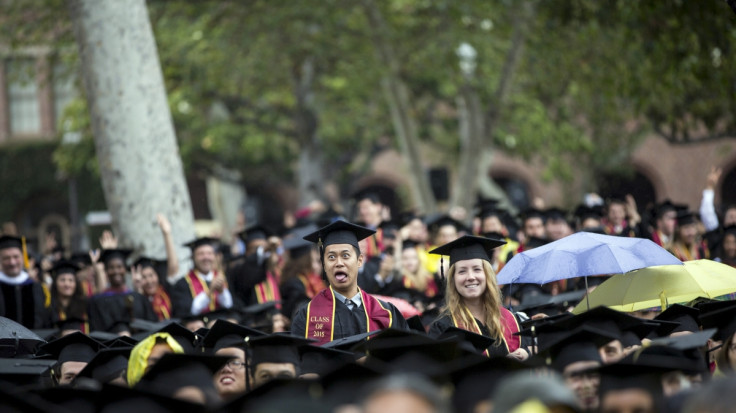UK wages: Bank of England says wage premium of university graduates has declined over 20 years

A Bank of England (BoE) study has revealed that the pay package of graduates has reduced with the rapid expansion of university education. The decline has been sharp over 20 years, BoE added.
While those with a university degree are understood to earn more money than those who do not hold a degree or have any academic qualifications, the premium they earn over them is supposed to have dropped from 45% to 34% between 1995 and 2015, according to Threadneedle Street.
BoE said that one of the reasons for this is the supply of graduates exceeding demand. While only 10% of workers had a degree in 1985, today more than 33% of them graduate from a university, the central bank explained. It said that another reason for the decline in the pay premium of a graduate was the higher number of students at universities. This made it harder to choose the really talented individuals.
However, BoE said that the wage premium for A-levels and GCSEs fell at a much lower percentage during the same period. The BoE study seeks to explain why wage growth had been weak while the economy recovered from the 2008-09 slump.
The findings of this study, which are part of a chapter from its forthcoming quarterly bulletin, followed a survey by the Chartered Management Institute, a UK-based institution for management. This survey showed that 60% of today's parents preferred a degree apprenticeship for their children, because it would allow them to complete a degree with full honours and work with an accredited employer.
However, on the upside, BoE said that while the wage premium had declined 0.4% a year on average, the higher number of students graduating from the universities and their shift towards high-skilled jobs had boosted earnings growth, according to The Guardian.
© Copyright IBTimes 2025. All rights reserved.





















